
Anyone who’s used a PC in the past 20 years will be aware of antivirus software. Adverts have been popping up everywhere, telling us our computers are at risk and we need to update our protection or buy more.
While Windows 11 comes with its own security solution, installing third-party antivirus software can give you a greater sense of security, as well as, potentially, faster updates, more options, bundled extras such as VPNs, browser plugins, and even tech support, should anything go wrong.
A big part of computer security comes from the user’s behavior. So, don’t click on links from unknown email senders or run downloaded applications if you don’t know their source. Don’t reuse the same password over and over again, either.
Whether it’s ransomware, spyware, or old-fashioned computer viruses you’re worried about, the antivirus packages we’ve highlighted here should be able to help.
How we tested
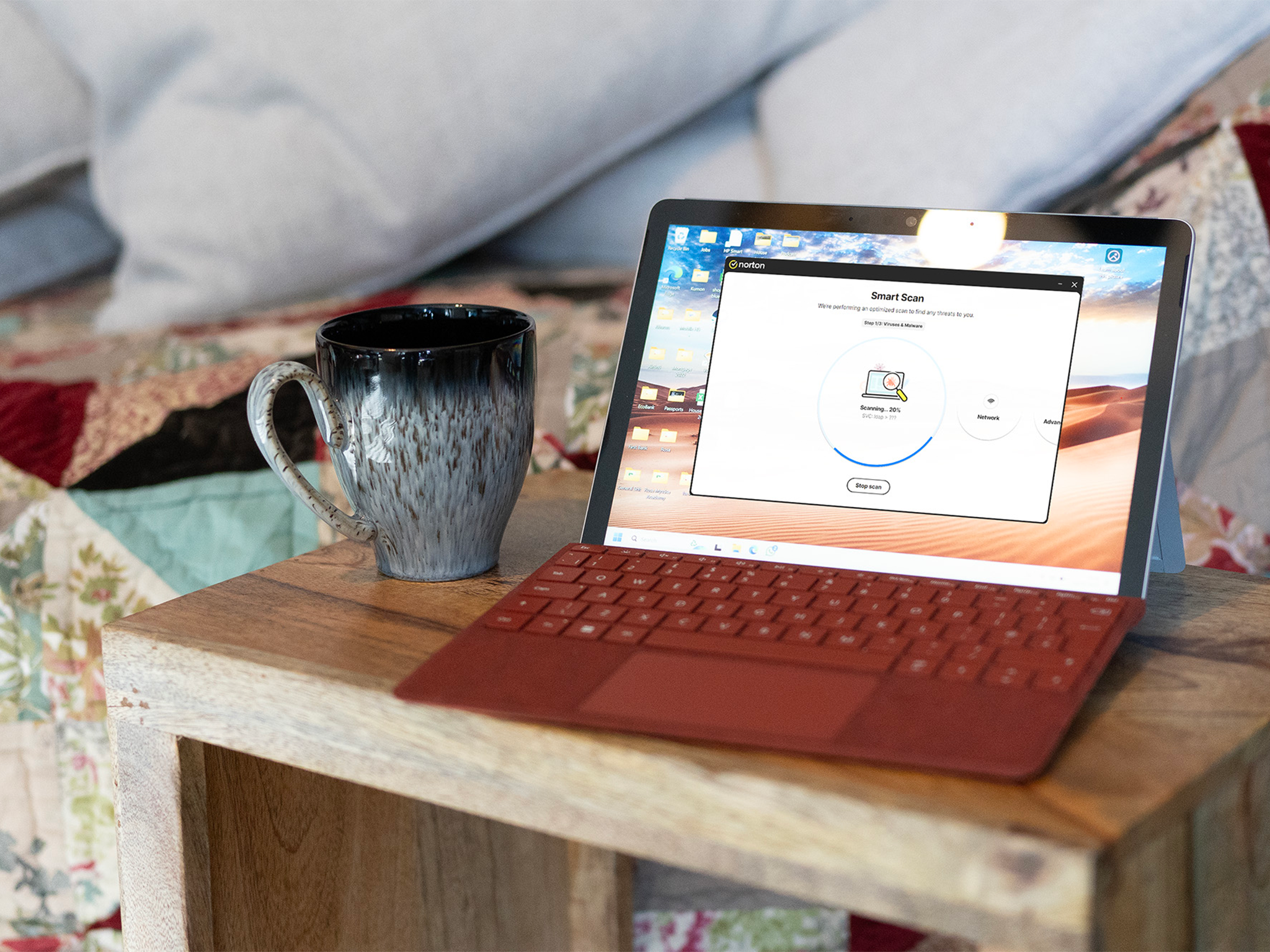
All the antivirus apps here were installed on a Windows 11 PC updated to the latest version and with all security patches available at the time of writing. Unwilling to expose the PC to genuine danger or the dark web, we used specially created files from Eicar.org to simulate virus attacks. We also visited the Wicar.org antivirus test site to gauge how well the apps responded to the presence of potentially harmful malware.
We then used each product to scan the SSD of a Windows 11 PC with a mix of apps, documents, and the OS itself — and noted how long it took to complete. We also looked at the reports compiled by independent security testing labs, such as SE Labs and AV-Test, to see which of the security packages were impressing the experts there.
Why you can trust IndyBest reviews
IndyBest is devoted to delivering honest reviews and expert recommendations. Our experienced team of editors and writers rigorously test products to provide reliable insights and helpful advice. Ian Evenden is a writer and editor specializing in gaming, computing, science, and technology. He has been contributing to IndyBest since 2021, applying his keen eye for detail and high standards to tech reviews such as the best Chromebooks, keyboards, and VPN services.
The best antivirus software for 2025 are:
- Best overall — BitDefender total security: $59.99, Bitdefender.com
- Best free antivirus — Avira Free: Free, Avira.com
- Best VPN bundle — Malwarebytes plus: $44.99, Malwarebytes.com
- Best for protecting lots of devices — Sophos home premium: $44.99, Sophos.com
BitDefender total security
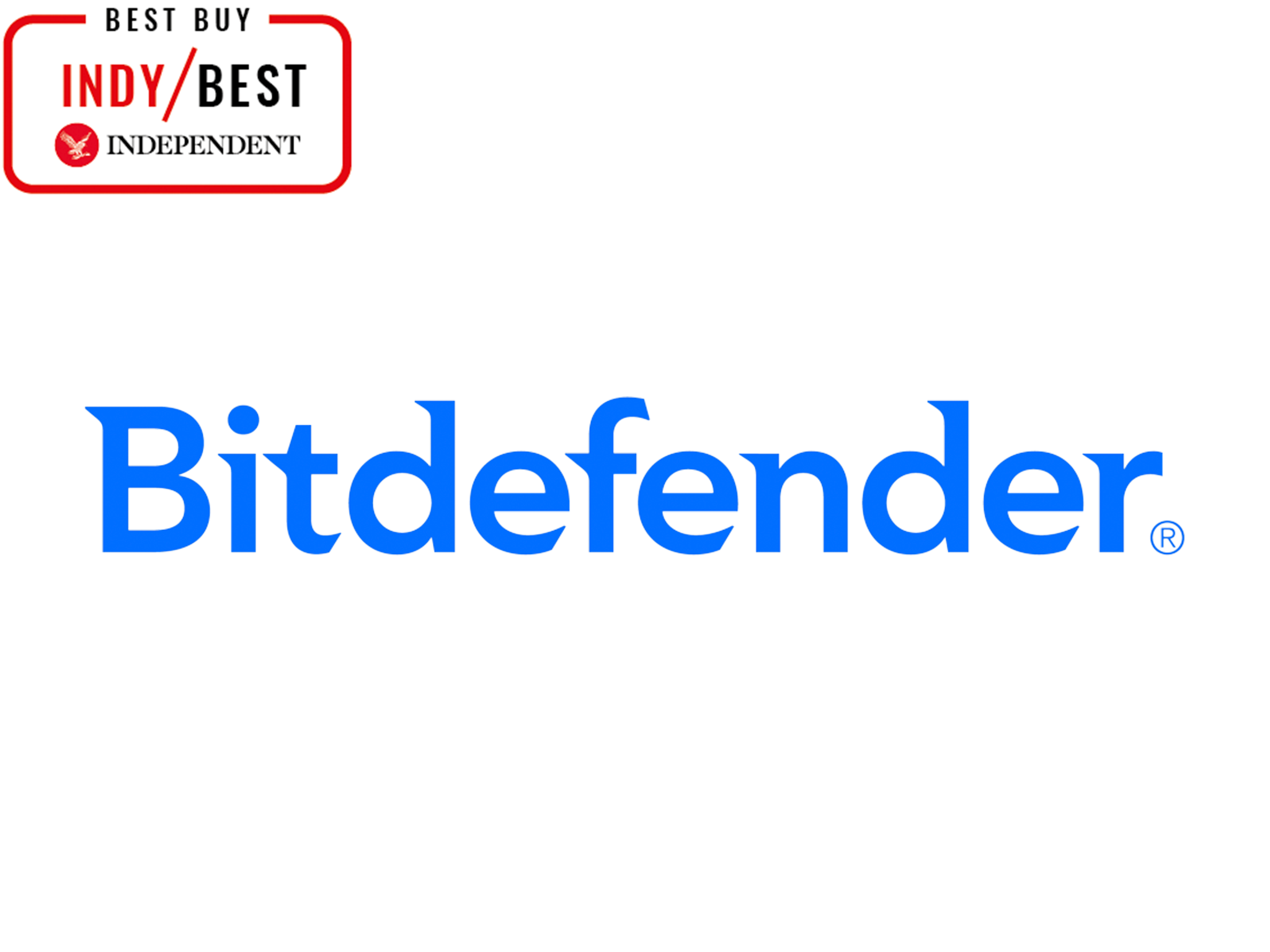
Available on mobile devices as well as PCs and Macs, BitDefender packs a lot into its apps. Alongside virus scanning, you get malware protection that identifies problem files before they download, as well as ransomware protection, a VPN (limited to 200MB per day of traffic, which means you’ll likely leave it off a lot of the time), data breach protection to check if your passwords have been compromised, a password manager to help keep them secure, parental controls, a network vulnerability scanner... the list goes on. Although, there's no firewall available with this software.

BitDefender will make you do a full system scan when you first install it, and, while it’s not the fastest we’ve experienced, it’s possible to run quick scans after that, or limit them to particular directories such as your downloads. The best way to work with BitDefender is to activate the autopilot feature from the app’s dashboard and allow it to fade into the background of your computer — it’ll only bother you when you really need to know something. It detected all the test files we were exposed to, and we received regular updates regarding new threats.
Prices start from $14.99 a year for the first year. After that, the cost of renewing the subscription can be as much as $119.99, which is worth bearing in mind if you’re thinking of becoming a long-term user. The total security package will set you back $109.99 for the first year, though it’s currently on offer for $59.99.
Buy now £59.99, Bitdefender.com
Avira free
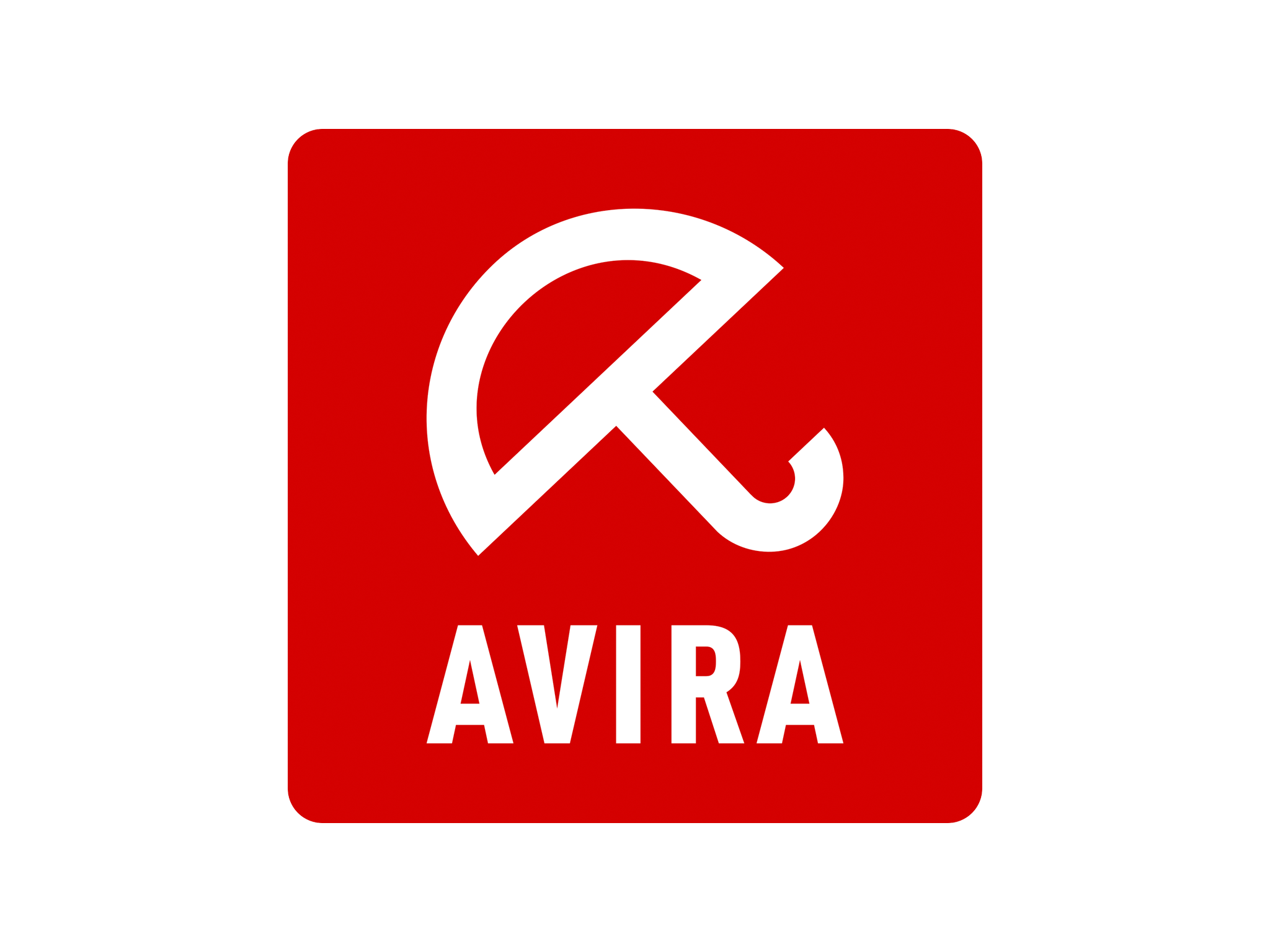
It’s hard to argue with a security package that costs absolutely nothing. While there is a paid-for subscription version of Avira that highlights the limitations of the free tier, if you don’t roam too far from the safer parts of the internet, this free service might well be all you need. It blocks ransomware and spyware, protects you from phishing, and will help keep the software and drivers on your PC up to date, so there's less chance of an attacker finding a hole in your security. A browser plugin blocks known infected websites, some ads, and tracking cookies.

The lowest-cost subscription version (known as ‘pro’) comes in at $26.99 for the first year and $64.99 thereafter, making it one of the cheaper options on this list, even if you don’t decide to use the free version. It brings with it a firewall, but you’ll need to step up a level (to ‘prime’) if you want a password manager and VPN, and you can also install this version on up to five devices.
Buy now £0.01, Avira.com
Malwarebytes plus
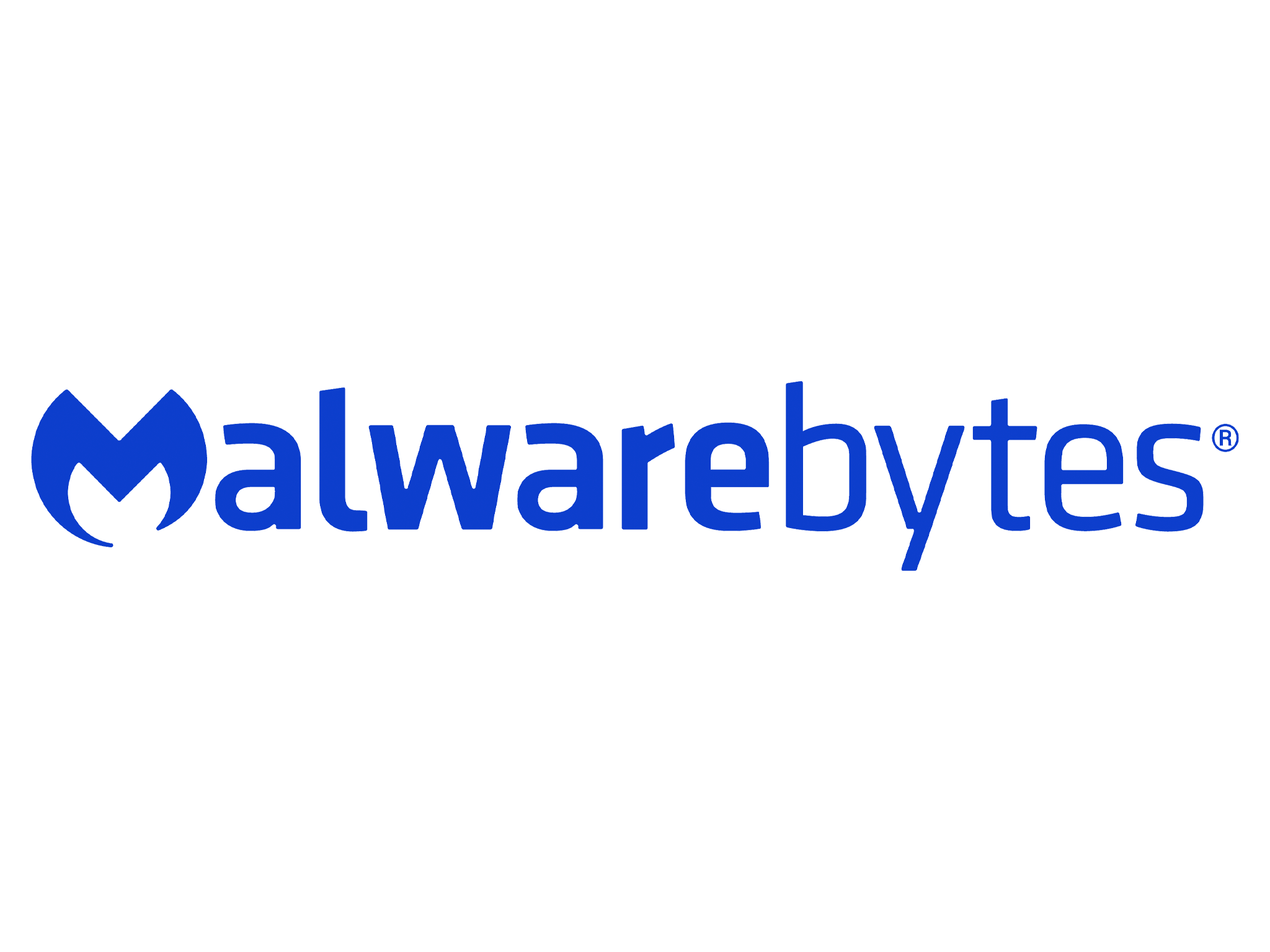
Malwarebytes was once an internet security package but has expanded into general antivirus use. Its basic ‘standard’ package costs $34.99 a year, for which you get protection from viruses, malware, ransomware, phishing, and some ads. There's a VPN available separately or as part of this ‘plus’ bundle, which costs $44.99 a year.
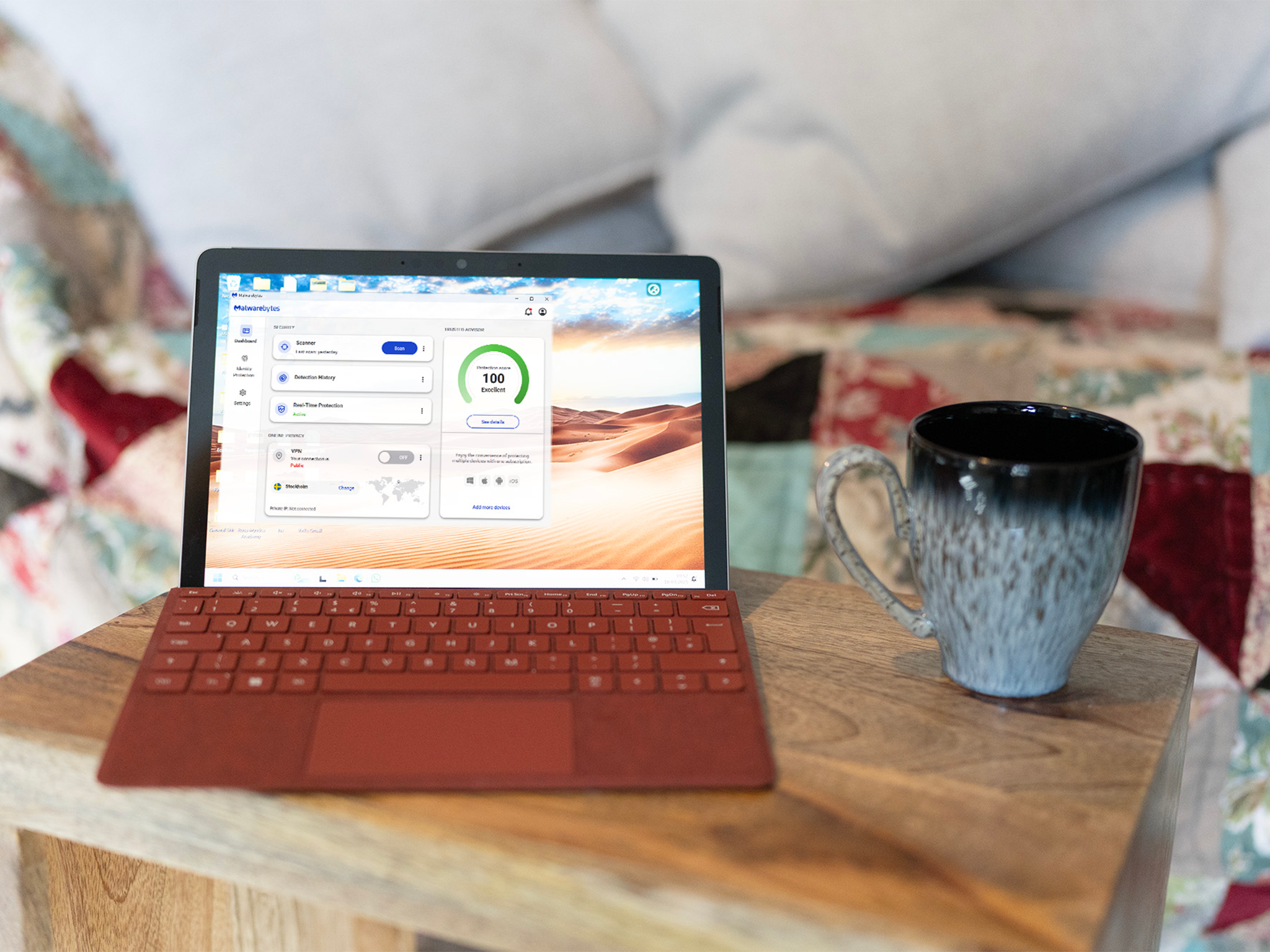
When put to the test, Malwarebytes detected and blocked every suspicious website we tried to visit, while the virus-lookalike files were blocked from being downloaded by the Browser Guard plugin. It was a fast mover when asked to scan the SSD, and didn’t slow down the PC by a noticeable amount. There's a free malware removal tool if you’re caught without protection, and, if you want to subscribe, the ‘standard’ and ‘plus’ packages don’t increase in price after the first year.
Buy now £44.99, Malwarebytes.com
Norton 360 standard
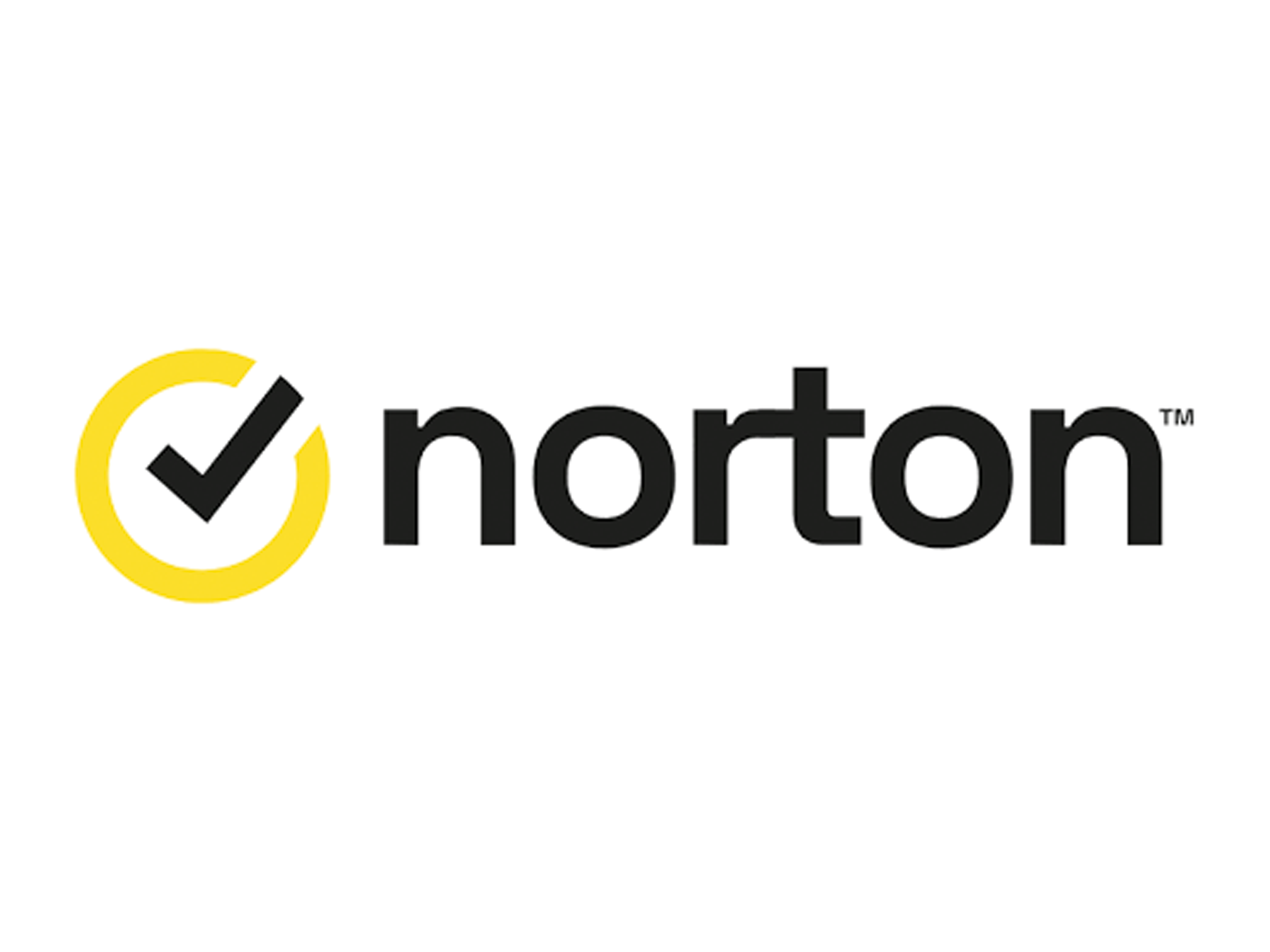
Norton is an extremely well-known antivirus brand, and you’re very likely to have come across it if you’ve bought a new laptop recently — a free trial of the software is often included with new devices. A big draw for Norton is its new Genie AI scam protection service, which will help identify whether a web link, text message, or social media post can be trusted. It blocked the test websites we tried to browse and sounded the alarm about virus-mimicking test files.
Norton offers a quick scan that checks the areas of your PC storage most likely to harbor malware files, or you can choose a longer full-system scan to root out anything hiding in less well-traveled areas. It’s fairly speedy on Windows 11 (though the speed of your individual SSD will have an effect on this), and it can be minimized while it’s working.
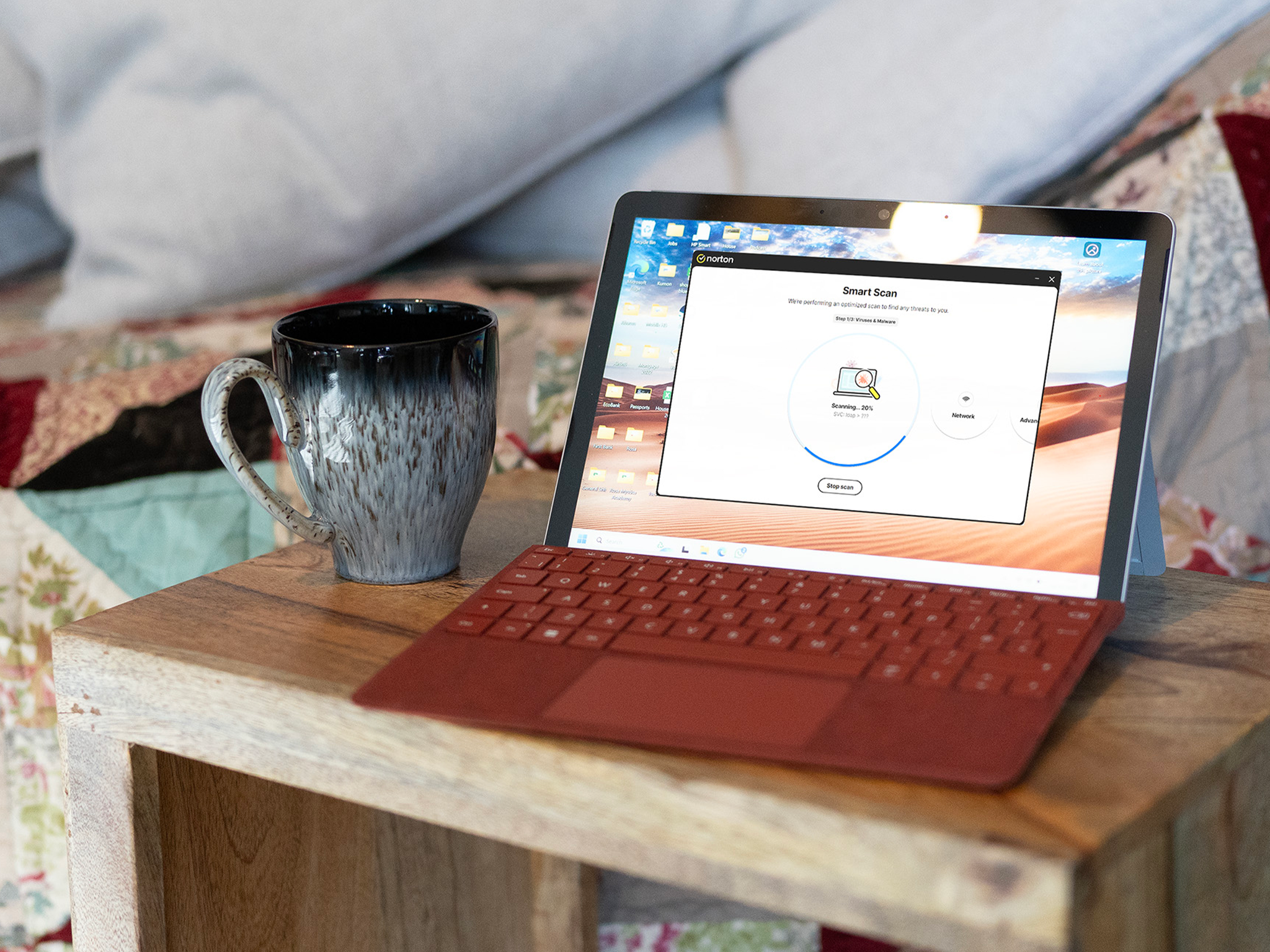
With a firewall, secure online back-up, password manager, VPN, and even a credit report, there is a lot of functionality bundled into the main Norton app besides antivirus. It will also notify you if your personal details appear in troves of stolen data on the dark web or in password data breaches. The number of features is reflected in its pricing, which starts out reasonable for the first year but rockets up when you renew. The ‘standard’ package costs $39.99 for the first year, but renews at $94.99 a year, while the top-tier ‘advanced’ package starts out at $49.99 but renews at a whopping $119.99 a year.
Buy now £39.99, Norton.com
Avast premium security
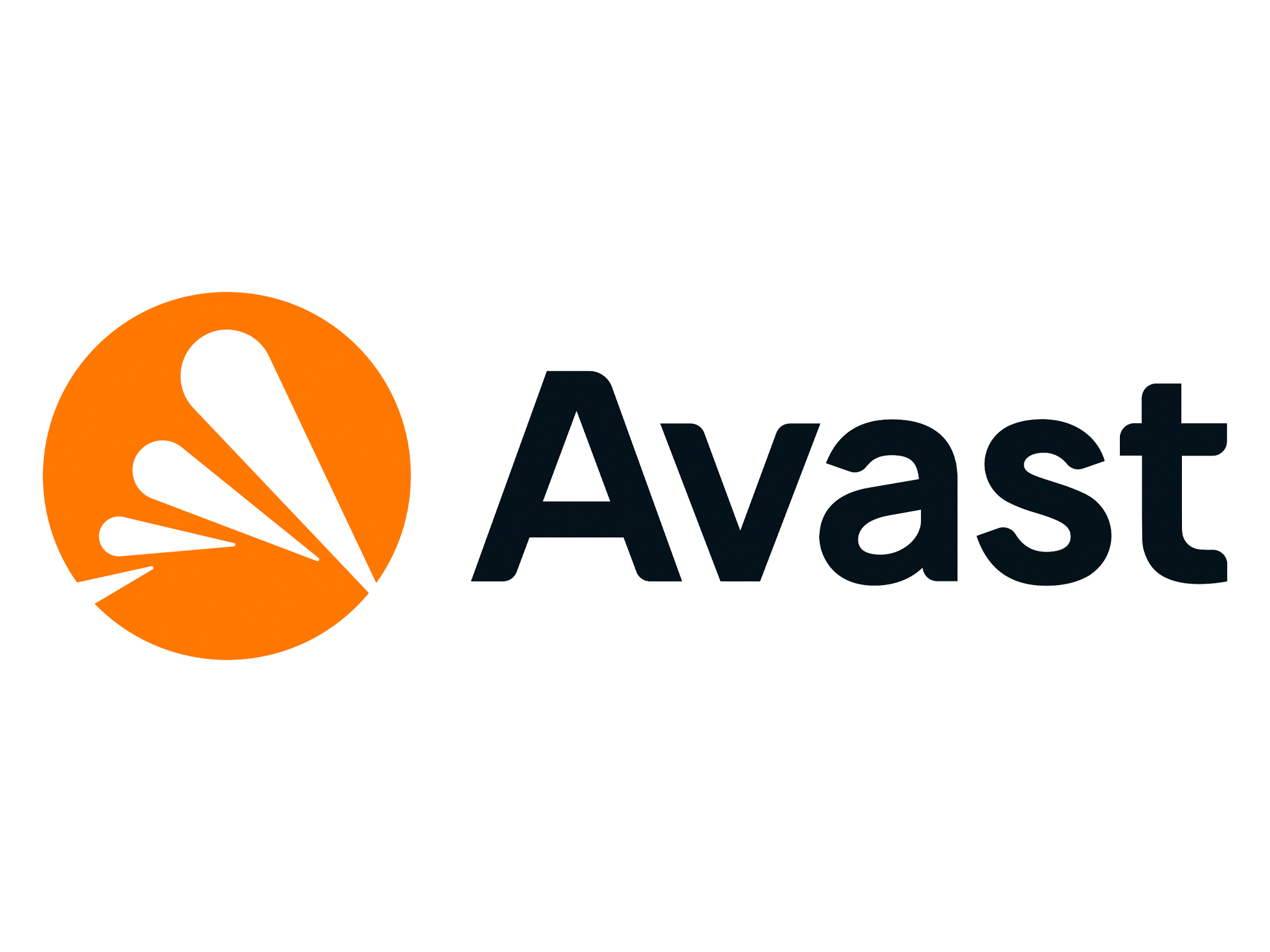
Avast scores very highly in independent tests and was able to deal with all the suspicious files and sites with which we attempted to interact. After it’s finished scanning your PC, it will report on programs that may be slowing it down but aren’t viruses — information you may have to think carefully about acting on, as the apps may be ones you want to keep.

Before you dive into an Avast subscription, which jumps up in price after the first year, there's a free basic version of the software that will probably do a lot of what you want it to, if basic antivirus and ransomware protection are what you’re after.
Step up to a subscription, though, and you get an email guardian to flag suspicious messages before they get to your inbox, personal information and scam protection, a webcam access blocker, a password manager, and more. There's a VPN, too, which allows 5GB/week data transfer on the free tier but this becomes unlimited, if you subscribe.
Buy now £69.48, Avast.com
McAfee premium

Another big name in the computer security world, McAfee antivirus has been around in one form or another since 1988. It’s worth looking at if you need a VPN, as it offers one with unlimited usage, and its app is available on just about every platform, even Chromebooks. There's a firewall on board, along with ransomware protection, a password manager, and identity theft monitoring. If you step up to the more expensive ‘premium’ plan, you can install it on an unlimited number of devices. It has an AI text scam detector via its mobile app, which scans the URLs in text messages and determines if you should click on them.
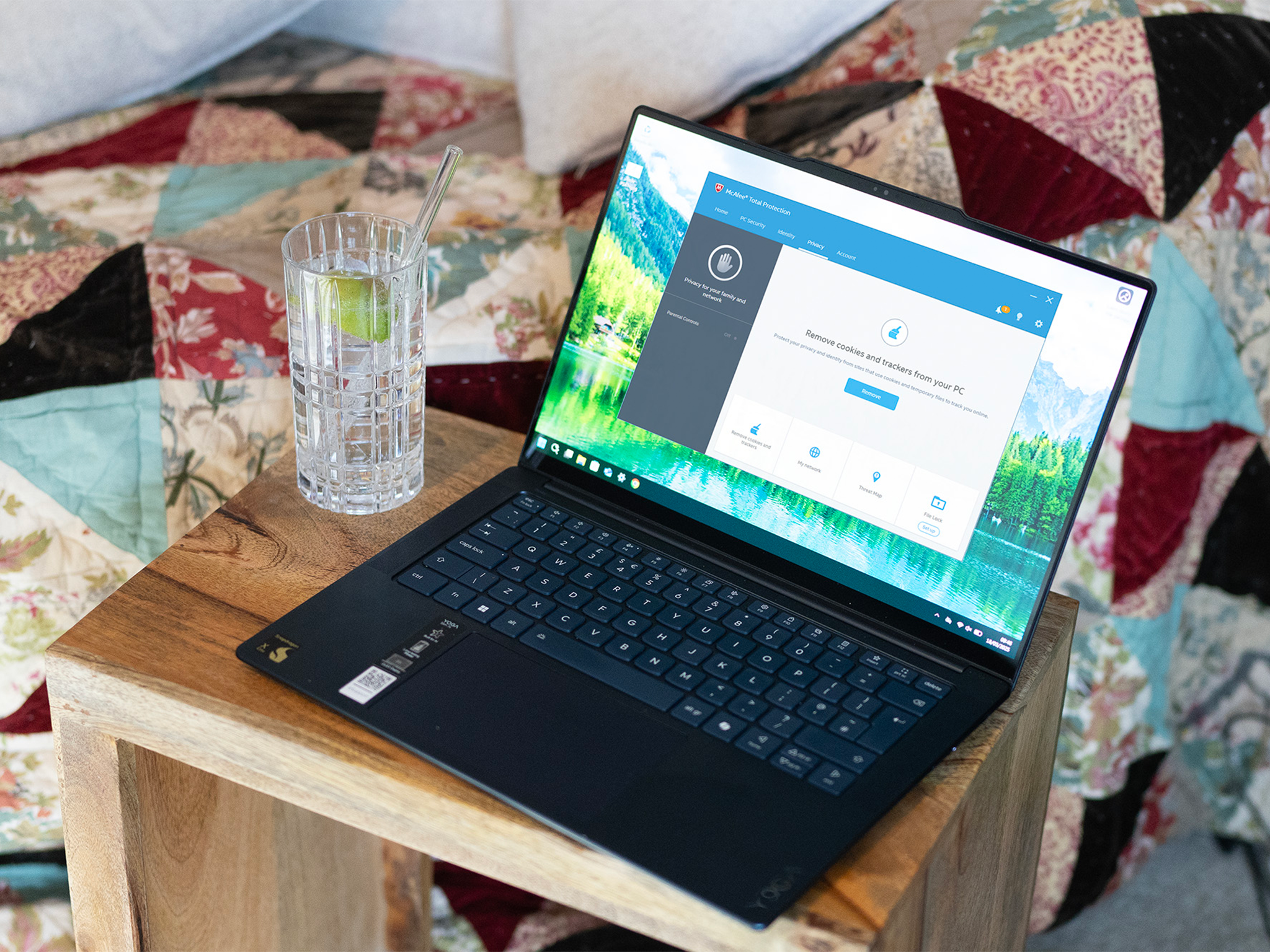
During our testing, it did well spotting the test files we tried to slip through the browser and onto the PC, being particularly fast at blocking virus-mimicking files from being downloaded. If you allow it to absorb available system resources while doing a full PC scan, it can slow your machine down, though it does finish quickly. Luckily, there's an option to have it complete in the background, though it takes longer this way.
As with most other antivirus offerings, McAfee’s jumps in price after the first year, with the premium option going from $39.99 to $119.99.
Buy now £39.99, Mcafee.com
F-Secure total
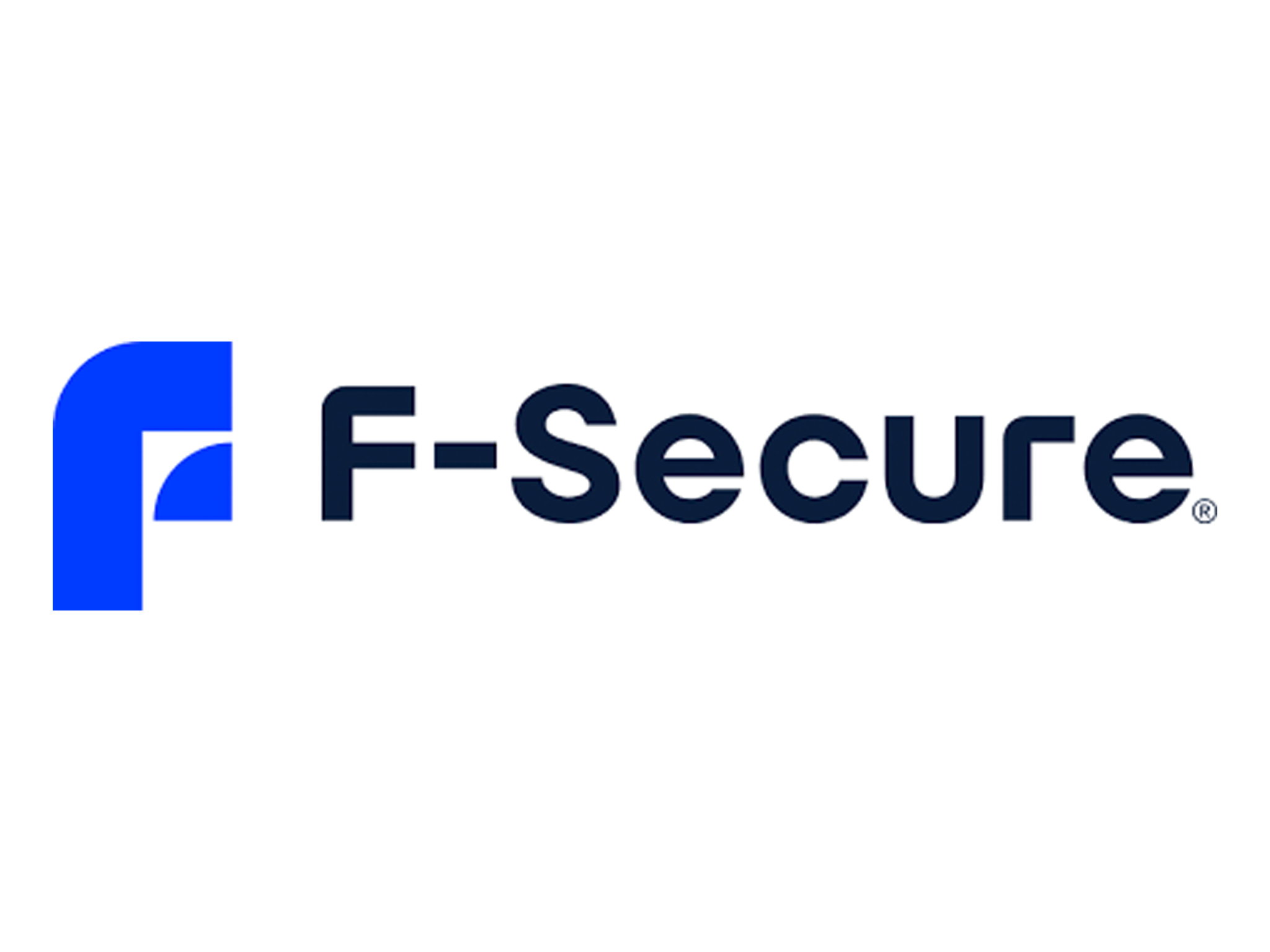
F-Secure’s antivirus application can look expensive, as its basic plan only covers a single device. But, you get a lot of security for your money, with ransomware protection alongside the antivirus, and a VPN included as part of the ‘total’ tier. This gives you unlimited VPN traffic and useful wifi protection, which pops up a warning if something suspicious connects to your network. There's also a password manager, and while F-Secure doesn’t offer phishing protection by name, it does have scam protection, which will overlap with phishing.
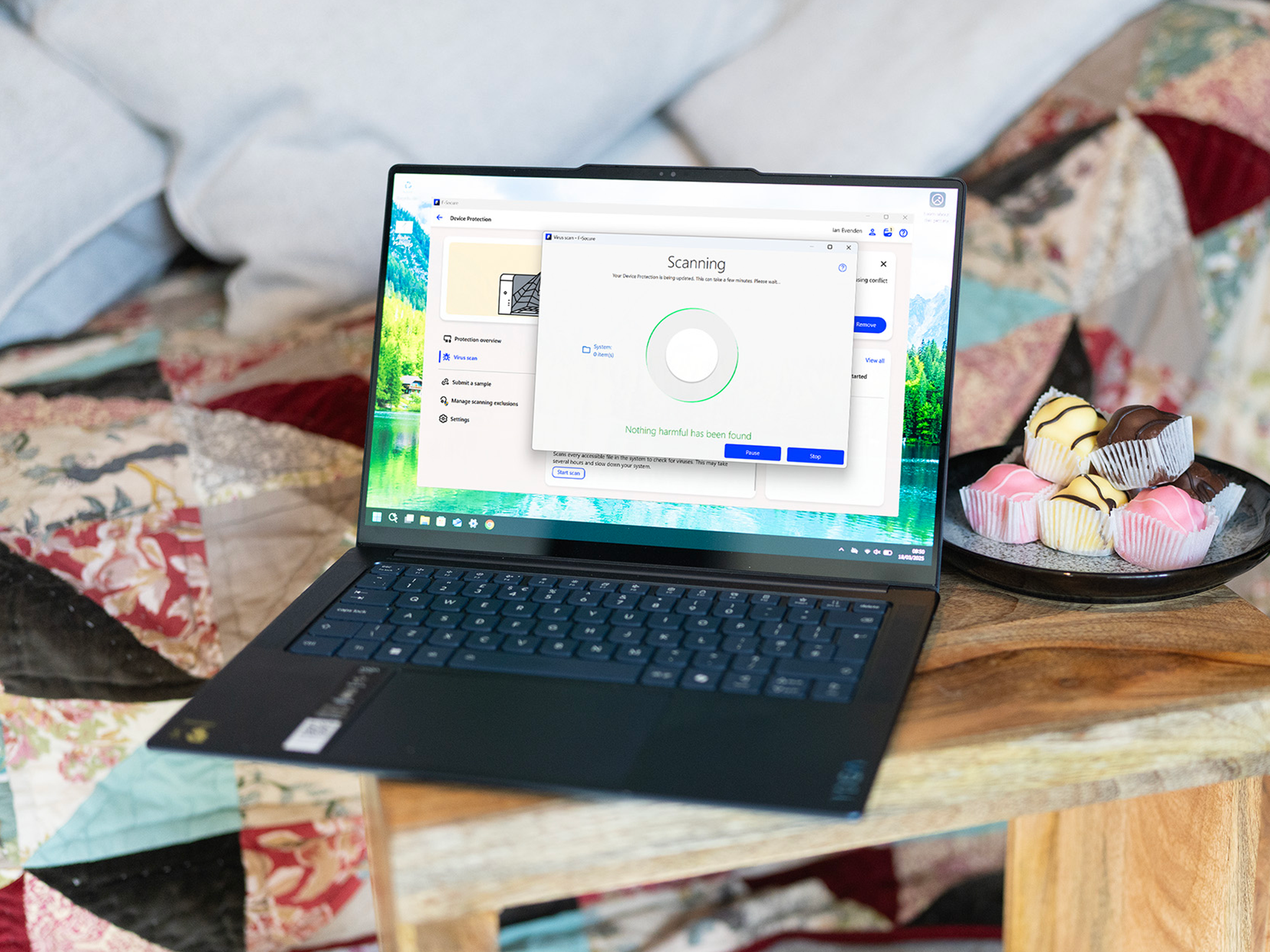
In use, we found it was effective at detecting and blocking the test files we tried to access, while its web traffic scanning clamped down on malicious URL access. Its scans of your SSD are fast enough, and there's the option to run quick or full scans. A full scan is always a good idea when you first install a new antivirus program, especially if you’ve been using the PC for a while without one, and F-Secure finished ahead of the others in this list. A notable feature of F-Secure is DeepGuard, a system that identifies unknown applications and processes running on your PC, and flags them as potentially problematic.
F-Secure doesn’t make it clear on its website how much its subscription price will rise after the first year, but we were offered a price of $149.97 for F-Secure total before discounts, so, this is likely to be the sort of price you’re looking at after an initial cost of $69.99 for the first year (for one device).
Buy now £69.99, F-secure.com
Sophos home premium

Sophos’s home premium package covers up to 10 Windows (or Mac) computers plus mobile devices with one subscription, and, as the company only offers one home product, all you have to do is choose how long you want your subscription to last. It’s a fully featured package, offering real-time scanning with predictive AI, to help identify new threats; parental controls; malware, and ransomware protection, and (an advanced feature at this level) the ability to remote-manage the antivirus protection on the PCs you’re signed into through a web interface.

Sophos has a simple user interface and, while it looks like it’s going to consume lots of system resources (as it adds more processes to your PC than other security software), it didn’t slow down our test PC noticeably, except when running the first full system scan after installation. It’s shown impressive accuracy in SE Labs’ antivirus testing reports, with a 100 percent score in December 2024.
Buy now £44.99, Sophos.com
The verdict: Antivirus software
Navigating the chaotic waters of antivirus software can be confusing. There are so many claiming to be the best, and many trying to draw you in with first-year prices that rocket up when you resubscribe for a second year. Luckily, almost all security applications offer free trials, so you can try them out before you make a commitment, and this goes for the software at the top of this list, BitDefender and Malwarebytes. While it may seem like a difficult decision, the most important thing is you have something in place to defend your PC from the kinds of threats it’s surprisingly easy to stumble into on the internet.







